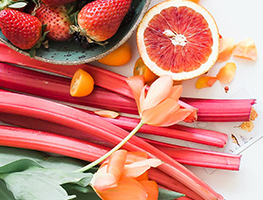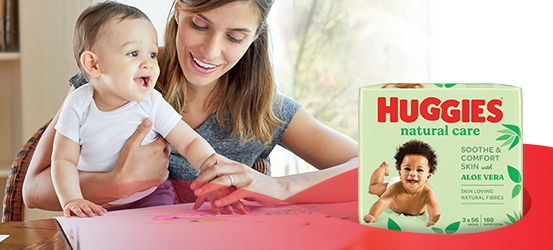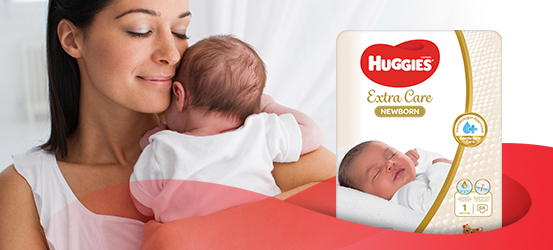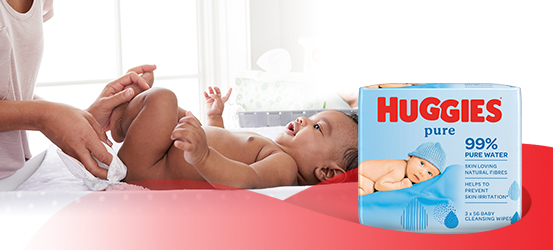Wonders of folic acid
Eating healthy, nutritious food is important at every stage in your life. However, during pregnancy there are specific demands for particular nutrients. Iron, calcium, iodine and folic acid are in high demand.
Following a varied and balanced pregnancy diet will help to provide your body with sufficient vitamins and minerals. But even with the best diet, you will need to take specific supplements to meet your own and your baby’s needs.
All pregnant women are advised to take folic acid supplements for at least one month before conceiving and for the first three months of their pregnancy. This mineral is essential for the healthy development of the neural tube.
Speak with your healthcare professional before taking any supplements, to ensure they are safe to take during pregnancy.
Benefits of folic acid in pregnancy
Folic acid is the supplement form of the vitamin, folate. It is a B-group vitamin found in a variety of fresh foods.
Primarily, in early pregnancy folic acid helps protect babies from developing neural tube defects. The neural tube will form two of your baby’s most important body parts – their brain and spinal cord and the bones that enclose them. It is vital that pregnant women are receiving the recommended dose of this important vitamin.
When taken for one month before conception and in the first trimester, folic acid may also help to protect your baby against having a low birth weight and growing poorly in the womb.
If you are planning to conceive, it’s a good idea to start taking a folic acid supplement before you fall pregnant. Building up your levels of this essential vitamin will help to give your little one a great start in the womb. In fact, folic acid is so important in the first trimester of pregnancy that many researchers say all women of child-bearing age should be taking supplements, even if they aren’t planning a baby. This is why folic acid is added to many common foods such as bread and breakfast cereals.
During the first three months of pregnancy, a daily folic acid supplement is also recommended. It’s important to follow a healthy pregnancy diet full of foods that are naturally rich in folate as well.
Folic acid supplements in GCC
In GCC, you can buy folic acid supplements over the counter from pharmacies. Sometimes folic acid is included in other supplements, however the dose can be lower than the recommended amount for preconception and early pregnancy.
The recommended daily dose of folic acid supplement for pregnant women is 400 mcg.
Specific folic acid supplements and some pregnancy vitamins generally contain an adequate dose of folic acid. Other multi-vitamins might not contain the right amount so always check the label.
If you haven’t already, double check with your healthcare professional that any supplement you take is giving you the right amounts of the nutrients you need. Not all pregnancy supplements are created equal and each one will contain varying levels of different vitamins. Finding a supplement that suits your unique needs is crucial.
Foods high in folate
Adding folate-rich foods to your pregnancy diet is another way of meeting your nutritional needs during pregnancy. These are some of the best sources of folate:
-
Green leafy vegetables
-
Spinach
-
Asparagus
-
Broccoli
-
Brussels sprouts
-
Chickpeas
-
Dried beans
-
Lentils
-
Bran flakes
-
Cabbage
-
Cauliflower
-
Peas
-
Leeks
-
Citrus fruits including oranges and orange juice
-
Parsley
-
Wheat germ
-
Wholegrain bread
-
Bread and cereal products fortified with folic acid


















